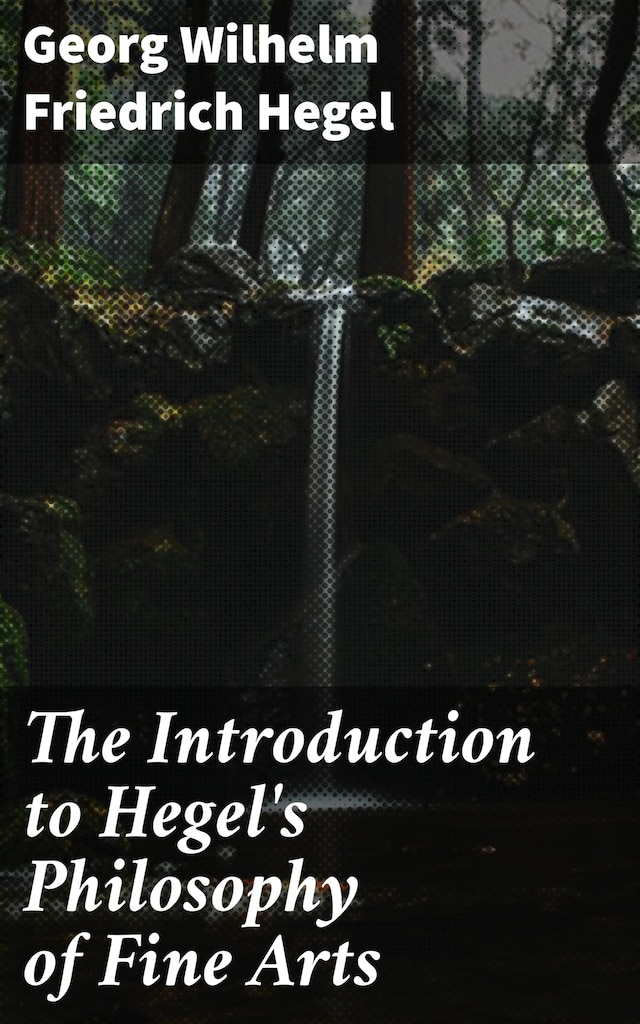
The Introduction to Hegel's Philosophy of Fine Arts
Translated from the German with Notes and Prefatory Essay
Tietoa kirjasta
In 'The Introduction to Hegel's Philosophy of Fine Arts', Georg Wilhelm Friedrich Hegel presents a profound analysis of the intersection between art and philosophy, exploring the role of aesthetic consciousness in the development of human spirit. Hegel's intricate literary style, characterized by dialectical reasoning and systematic exposition, provides readers with a comprehensive understanding of the significance of fine arts in shaping cultural and historical contexts. Through his examination of various art forms, including architecture, sculpture, painting, and music, Hegel delves into the essence of artistic expression and its impact on society and individual consciousness. This seminal work offers a bridge between traditional aesthetics and Hegel's philosophical approach, reflecting the rich intellectual climate of the Romantic era. As a distinguished philosopher and influential thinker of German Idealism, Georg Wilhelm Friedrich Hegel's exploration of fine arts in this book mirrors his broader philosophical inquiries into the nature of reality and human experience. Hegel's deep engagement with aesthetics can be attributed to his belief in the integral relationship between art and the unfolding of spirit in history. By elucidating the role of art in the development of consciousness and self-awareness, Hegel sheds light on the transformative power of artistic creation in the realm of ideas and culture. 'The Introduction to Hegel's Philosophy of Fine Arts' is a must-read for anyone interested in the intersection of art and philosophy, offering profound insights into the nature of beauty, creativity, and the spiritual essence of artistic expression. Hegel's penetrating analysis and eloquent prose make this book a timeless contribution to the philosophy of aesthetics and a valuable resource for scholars and enthusiasts alike.
 Georg Wilhelm Friedrich Hegel
Georg Wilhelm Friedrich Hegel 257 Sivua
257 Sivua